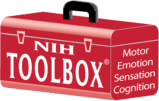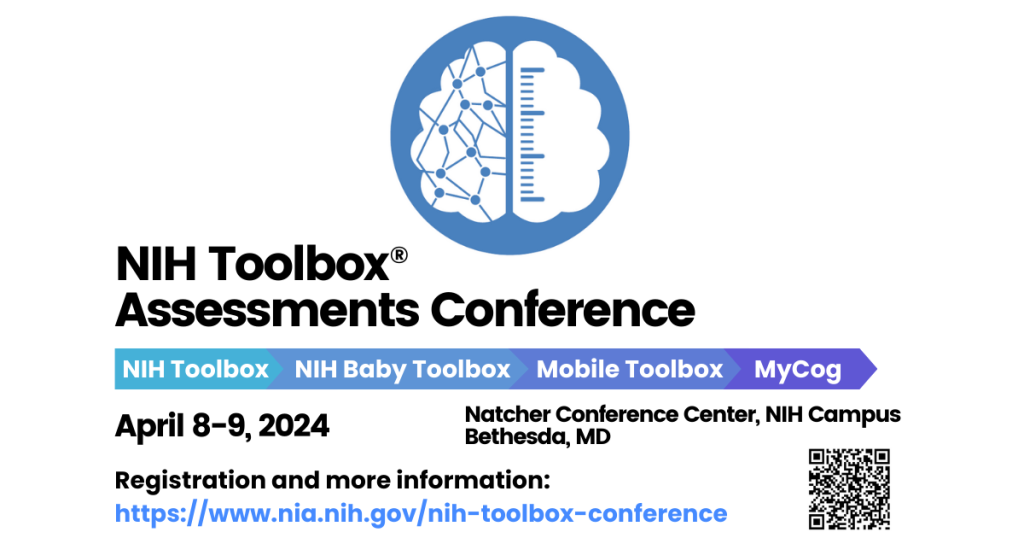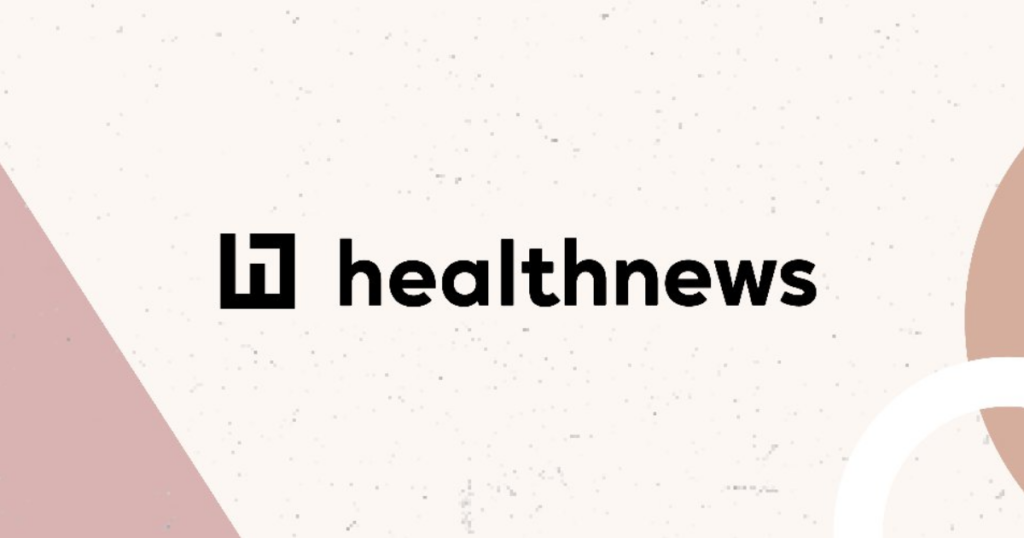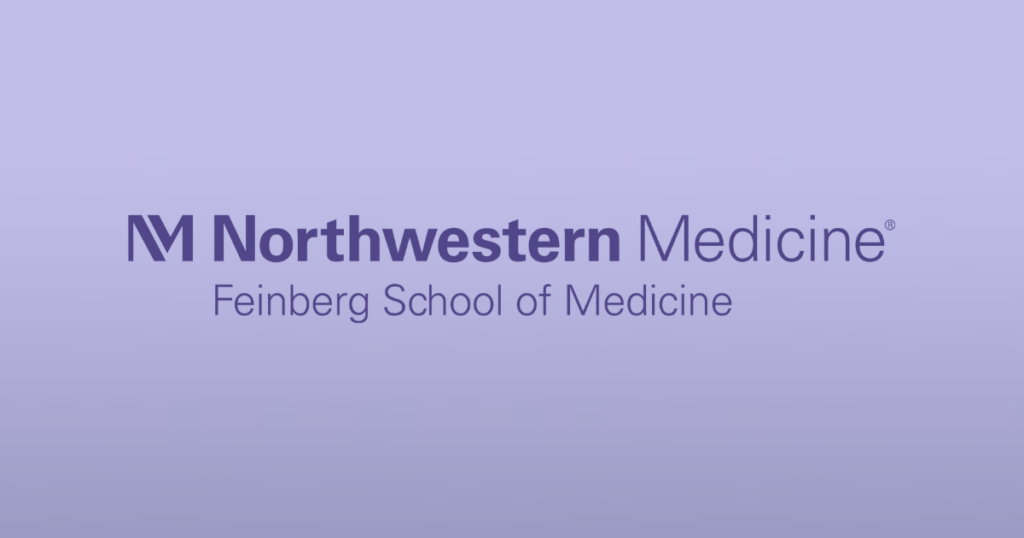
History of NIH Toolbox® Development
Read more about the development, norming, and validation of NIH Toolbox tests
Special Research Projects
ECHO (Environmental Influences on Child Health Outcomes)
Sponsored by the National Institutes of Health (NIH), the ECHO Program represents a network of medical specialists, scientists, and scholars dedicated to enhancing the health of children for generations to come. The goal of the nationwide consortium is to understand the effects of a broad range of early environmental influences on child health and development. ECHO is committed to both learning what factors affect child health and to finding ways to enhance it, with aims to:
- Enhance the health of children and adolescents through research that may help inform healthcare practices, programs, and policies.
- Create a culture that helps teams of child health researchers work together to achieve the best results.
Infant and Toddler (Baby) Toolbox
Funded by the National Institutes of Health (NIH), the Infant and Toddler (Baby) Toolbox (NBT) is a five-year contract to create an iPad-based measurement tool for administering, scoring, and interpreting infant and toddler assessments of cognition, social functioning, language (receptive and expressive), early mathematics/numeracy, self-regulation, and executive function in children between 1- and 42-months of age. As a natural extension to the NIH Toolbox®, assessments will include direct child assessment and observations supplemented as needed by reporting from parents or legal guardians.
Read more about the Baby Toolbox
Mobile Toolbox
Funded by the National Institute on Aging (NIA), the Mobile Toolbox project is a nationwide consortium designed to build a common platform on Android and iOS for cognitive assessment management and dynamic data analysis. Intended for administration in adults aged 20 to 85, this comprehensive smartphone app-based research platform aims to enable remote cognitive assessment to allow users to embed self-administered cognitive tests into research studies. These app-based cognitive assessment tools will help differentiate normal from abnormal cognitive change, furthering the understanding of pathological cognitive decline and facilitating the development of effective prevention and treatment strategies.
Read more about the Mobile Toolbox
ARMADA (Advancing Reliable Measurement in Alzheimer’s Disease and cognitive Aging)
Aging-associated cognitive decline, whether mild or severe, can profoundly affect the independence, well-being, and quality of life of those aged 65 and older. Development of effective interventions and treatments for this requires standard, psychometrically sound, easy-to-use measures that are sensitive to early indicators of cognitive decline and capture non-cognitive factors associated with or predictive of cognitive changes. Funded by the National Institute on Aging (NIA), the ARMADA project is designed to meet this need by validating and expanding measures from the four NIH Toolbox® (NIHTB) domains – Cognition, Emotion, Sensory, and Motor – in individuals with mild cognitive impairment, early Alzheimer’s disease, and in healthy individuals over age 85. To ensure that the NIHTB will be a valuable resource for cognitive aging research, ARMADA aims to:
MyCog (Rapid Detection of Cognitive Impairment in Everyday Clinical Settings)
Cognitive impairment (CI) is increasing in the US as the elderly population increases, and therefore early detection of CI is critical for ensuring its appropriate management. Funded by the National Institute of Neurological Disorders and Stroke (NINDS), MyCog is a research project designed to create a brief screening battery (the MyCog iPad App) to identify patients with increased risk for CI and/or dementia for further evaluation. This brief, new technology can be easily implemented in everyday clinical settings with diverse populations.
Toolbox Detect
Designed to test the effectiveness of the MyCog iPad app as a new standard of care, the Toolbox Detect project was created as clinical trial intended to refine and embed the MyCog paradigm into routine clinical care at 40 clinics spread across Northwestern Medicine – and Access – a federally-qualified health center (FQHC) organization with 35 health centers, located throughout Chicago, Cook and DuPage counties.
Research Using the NIH Toolbox
The NIH Toolbox has been used in a wide variety of research across the lifespan.
Browse 100+ Publications using NIH Toolbox
Featured Publications

NIH Toolbox for Assessment of Neurological and Behavioral Function

The Cognition Battery of the NIH Toolbox for Assessment of Neurological and Behavioral Function: Validation in an Adult Sample

NIH Toolbox Cognition Battery (Cb): Composite Scores of Crystallized, Fluid, and Overall Cognition
Science News
Join us for the NIH Toolbox® Assessments Conference
Registration and call for abstracts now open! Audience Targeting all investigators, clinicians, and industry partners with…
New App Can Detect Dementia in Less Than 30 Minutes
The NIH Toolbox V3 app can assess cognitive, motor, sensory, and emotional function in people three…
NIH Toolbox App Provides Access to Tests for Cognition, Motor, Sensation and Emotion
Tool may help improve patient care with access to tests for everything from dementia risk to…



